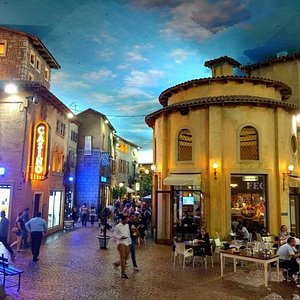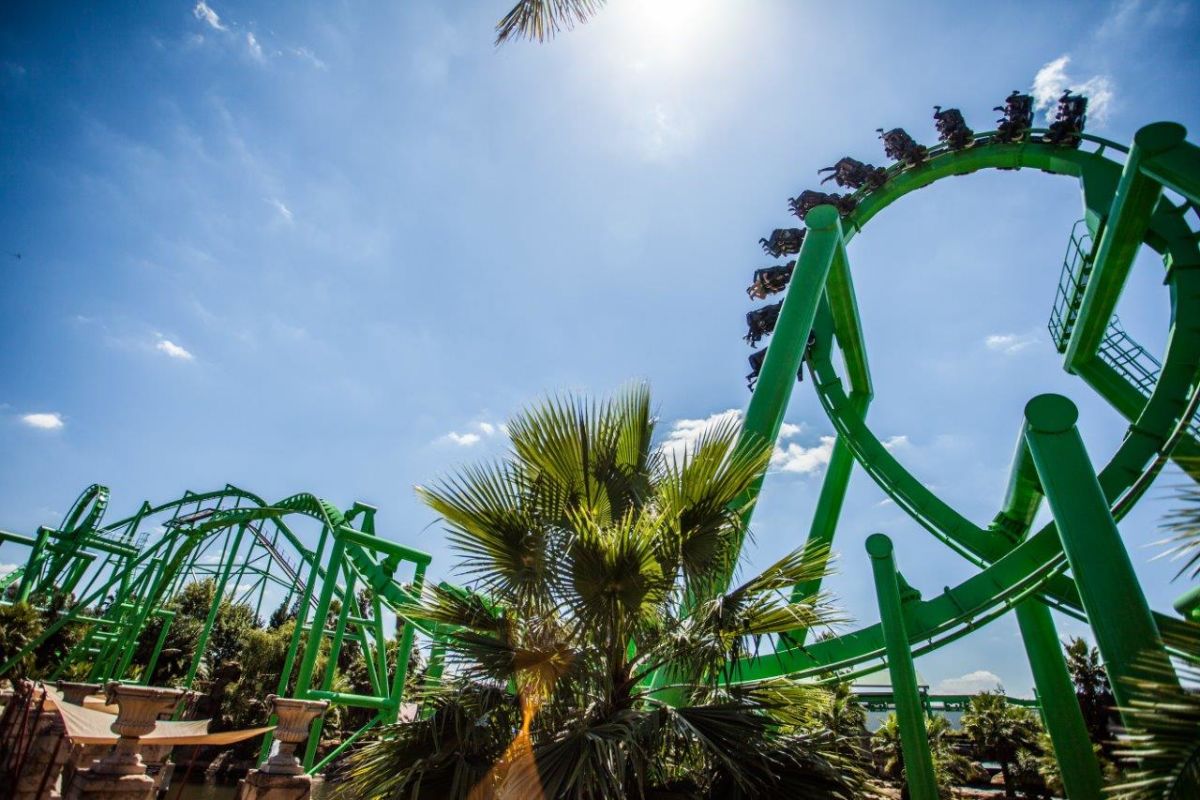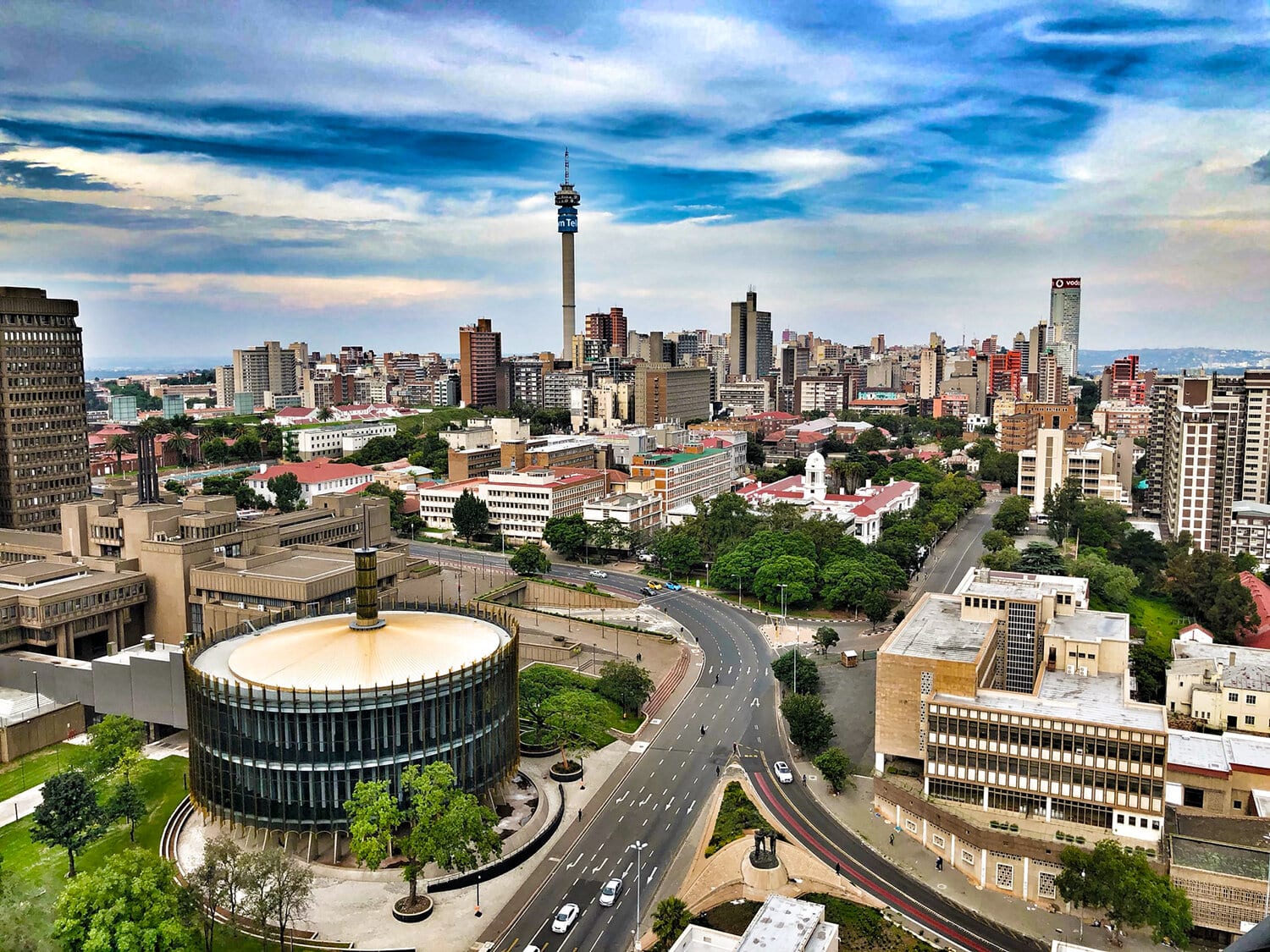A Biased View of Johannesburg North Attractions
Table of ContentsThe 45-Second Trick For Johannesburg North AttractionsExamine This Report on Johannesburg North AttractionsNot known Facts About Johannesburg North AttractionsMore About Johannesburg North AttractionsThe Best Guide To Johannesburg North AttractionsRumored Buzz on Johannesburg North AttractionsJohannesburg North Attractions Things To Know Before You Get This
You need to keep safety in mind and visitors should remain sharp at all times when in unknown environments. Speak to the residents when you remain in town to discover the area you are remaining in. Johannesburg North attractions. When on the road (this doesn't relate to shopping malls and other safe and secure atmospheres) ideal basic guidance is to attempt your best to resemble a neighborhood and to prevent displaying any type of kind of wealth
Little Known Questions About Johannesburg North Attractions.
Professor Revil Mason O. J. (Thomson, 1946) explored the Witwatersrand's pre-colonial history. His historical work took off the 'em pty land' myth, according to which the area was without human habitation before the arrival of European inhabitants. In his magazines Prehistory of the Transvaal: A Record of Human Activity (1962) and Beginnings of Black People of Johannesburg and the Southern Western Central Transvaal AD 3501880 (1986 ), Teacher Mason demonstrated the level of social and financial development in the area before Europeans set foot here.

Some Known Factual Statements About Johannesburg North Attractions
In 1878, David Wardrop found gold in quartz blood vessels at Zwartkop, north of Krugersdorp. In 1881, Stephanus Minnaar came across gold on the farm Kromdraai, near the Cradle of Humankind.
In March 1886, a protrusion (soon to be called the Main Reef) was found, rather fortunately, on Gerhardus Oosthuizen's farm Langlaagte. Some state that the Lancastrian coal miner George Pedestrian uncovered this coral reef. One more itinerant English prospector, George Harrison (that had actually formerly operated in Australian mines) acquired a prospecting licence in respect of Langlaagte in May 1886.
He made a decision to carry on in a mission for greener fields, and disposed of his Langlaagte insurance claim for the baronial sum of 10. Alas: underneath lay the richest goldfield ever before discovered. The exploration of this rich auriferous reef provoked a gold rush that signified completion of agrarian tranquillity in the southern Transvaal.
It would, within six years, end up being the biggest community in southerly Africa. Within a years, it would certainly make the Z. A. R. until then an anarchical and bankrupt little state the most affluent nation in Africa. By the turn of the century, the Z. A. R. was to go beyond Russia, Australia and the USA of America to become the globe's leading gold manufacturer, generating greater than a quarter of the globe's gold.
Johannesburg North Attractions Fundamentals Explained
It was recognized as Ferreira's Camp, named after Colonel Ignatius Ferreira. He was a Boer adventurer upon whom the British authorities had presented the standing of Companion of one of the most Distinguished Order of St Michael and St George (qualifying him to the post-nominal letters C. M. G.) in gratefulness for his function address in the war that had deposed the Pedi king Sekhukhune in 1879.
Quickly the camp was bursting with camping tents and wagons as beginners got here daily from everywhere. By September 1886, some 400 people lived in Ferreira's Camp, which quickly boasted prefabricated iron and lumber buildings. 2 other camps were developed: Meyer's Camp on the ranch Doornfontein, and Paarl Camp. The latter was nicknamed Afrikander Camp; several people from the Cape Swarm settled there.

All About Johannesburg North Attractions
This name got money by word of mouth, such that the State Secretary attested the name to the Mining Commissioner on 9 October 1886. Stands in the town were auctioned on 8 December 1886. While some stands were offered for 10, others were knocked down for just sixpence.
Two years later on, these erven were to transform hands for as much as 750 each. The tented camps diminished as a dorp of corrugated iron buildings created and increased north of the mines located along the Key Coral Reef Road. Areas such as Jeppe's Town (where working-class immigrants erected their houses) and Doornfontein (where the wealthy new 'Randlords' began to construct their luxurious homes) were soon included in the ever-expanding map of the town.
Things about Johannesburg North Attractions
Besides the road names, there were no signs of Johannesburg being situated in a Dutch-speaking nation. Several years later, C. W. Kearns O. J. (among the very first kids signed up see page at St John's College in 1898) would certainly remember: 'A weird fact regarding Johannesburg was that, although it was in the [Boer Republic], nearly everybody talked English and even the Federal government slaves addressed one in English, unless they were initial attended to in the Taal (or Reduced Dutch)'.
Thus, Britain had an interest in making sure optimum problems for gold production on the Witwatersrand, and that the gold was exported to London instead of Berlin check an important provided even more clamant by the Z. A. R - Johannesburg North attractions.'s boosting toenadering with Germany. Mine proprietors got on an accident course with President Kruger, whose policy of monopolistic concessions (often given to his cronies) avoided mining firms from obtaining supplies of products (especially dynamite) and work on their very own, less costly terms
See This Report on Johannesburg North Attractions
In 1890, the Volksraad had actually restricted the franchise business to white males that had actually resided in the Z. A. R. for fourteen years or longer, thus disqualifying many of the immigrants (who took place to be the major factors to the fiscus). Frustration for the vote was a mere pretext for promoting a different agenda; most uitlanders concerned themselves as temporary visitors and had no intent of continuing to be in the Z.